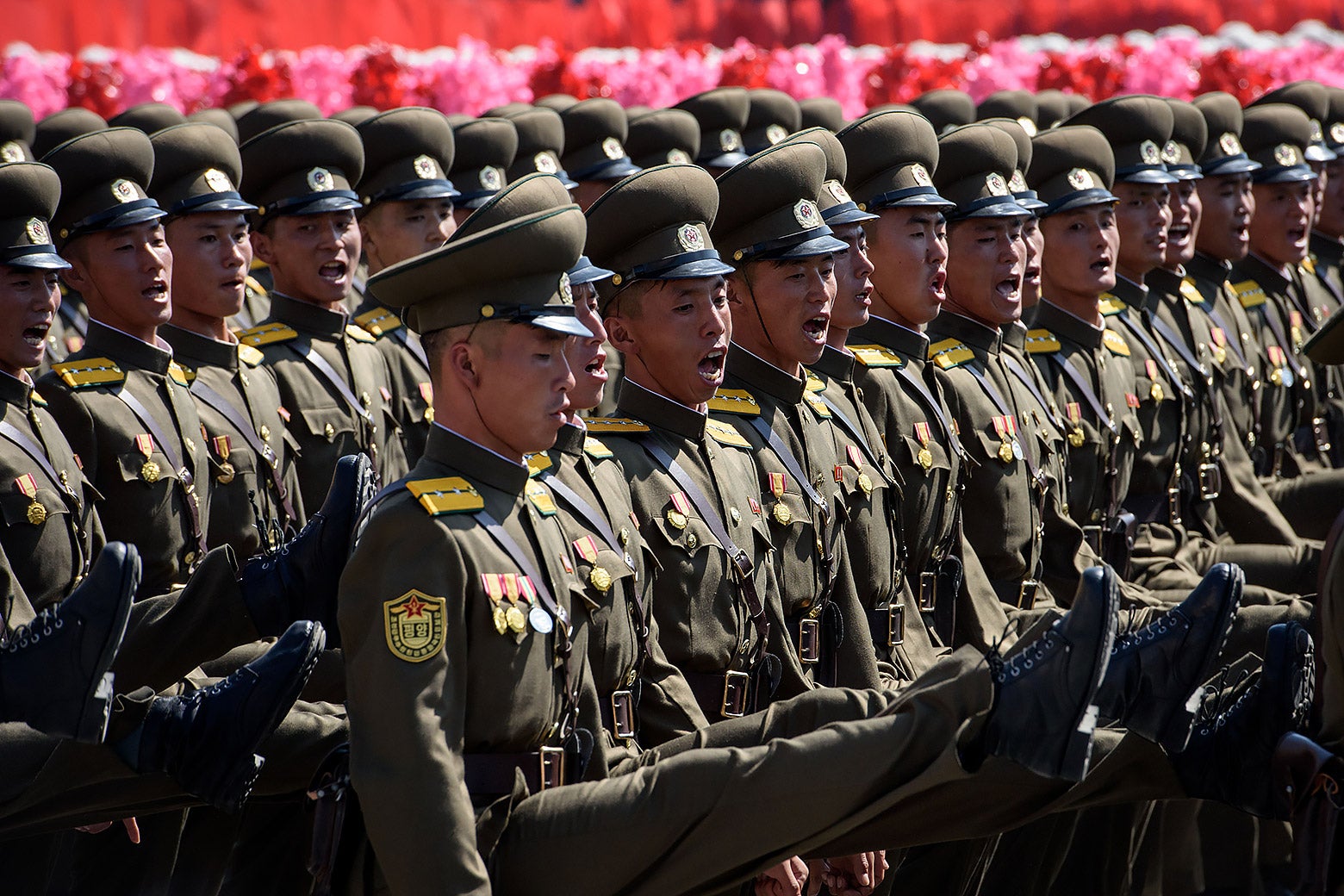Politics
North Korean Troops Join the Ukraine War: Implications Explored

North Korean forces are now joining the fray in the ongoing conflict in Ukraine, and this development has far-reaching consequences both for the battle itself and for global stability. The recent deployment of over 3,000 North Korean troops to Russia marks a significant escalation in Kim Jong-un’s support for Vladimir Putin amid his struggles in Ukraine.
This move raises serious concerns regarding the Russian military’s dwindling resources. After the signing of a partnership treaty between Kim and Putin in June, North Korea has already sent more than 1 million artillery shells to bolster Russian forces. The new influx of troops, many of whom are elite Special Forces, is aimed at reinforcing the inadequately equipped Russian soldiers who have faced heavy casualties since the conflict erupted in February 2022, resulting in approximately 115,000 Russian soldiers killed and around 500,000 wounded.
For Ukrainians, this dependency on North Korea—a nation often viewed as economically and militarily weak—could be seen as a sign of Putin’s desperation. However, these incoming troops might provide a vital lift to Russian capabilities at a time when they have begun to regain some momentum against Ukrainian advances.
On a broader scale, reports indicate that large cargo planes have been making trips from Russia to North Korea, fueling speculation that these flights could be transporting technology to aid North Korea in advancing its long-range missile capabilities, possibly even those that could carry nuclear warheads. This shift could represent a significant policy change for Russia, which traditionally has been cautious about nuclear proliferation among its allies.
After looking to China for assistance and yearn for military hardware, and subsequently turning to Iran for drones, Putin appears to have now sought North Korea’s support for artillery and manpower. It’s probable that Kim, whose forces are not particularly well-resourced, has requested technological cooperation in exchange for this military aid.
Historically, North Korea has not been a stranger to deploying troops abroad, having provided support to various regimes over the decades. However, the scale of this current deployment is unprecedented, with speculations of an additional 7,000 troops possibly being readied.
While the exact roles these soldiers will play in Ukraine remain uncertain, their enthusiasm and commitment to the cause could be questionable. Reports of compensation around $2,000 a month for these troops, a substantial amount for North Koreans, face the likelihood of being seized by the government back home.
In response to this development, U.S. officials have made clear that North Korean troops entering Ukraine would be seen as legitimate military targets. In anticipation of potential demoralization, Ukrainian forces are reportedly producing flyers aimed at persuading North Korean soldiers to defect, offering them a promise of better treatment.
In conclusion, the implications of North Korean troops entering the conflict in Ukraine create a precarious scenario, with the war showing signs of evolving in dangerously unpredictable ways.
